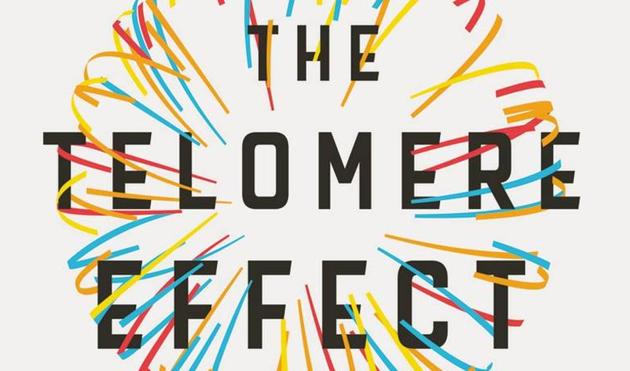Listen to your chromosomes to fight ageing
The Telomere Effect: Living Younger, Healthier, Longer by Elizabeth Blackburn and Elissa Epel explains the role of telomeres in the aging process
The first strand of grey at your temples may have more to say about the state of your health than you know.

Australian-American molecular biologist Elizabeth Blackburn, who received a Nobel Prize (for Physiology or Medicine, in 2009) for the discovery of telomerase and telomeres’ role in the aging process, breaks down this phenomenon in a book co-authored with psychologist Elissa Epel.
The Telomere Effect: Living Younger, Healthier, Longer starts by introducing the protagonist of this tale, the telomeres.
These are the protective tips at the end of chromosomes, the carriers of genes. The analogy used is that of the shoelace and its tip. As with the shoelace, the health of the chromosome is linked to the health of the telomere.
As telomeres shorten, we get weaker and fall into the “diseasespan” or the stage of falling sick easily and developing long-term medical conditions.

The heartening revelation and key takeaway from the book is that this shortening of telomeres can be both checked and controlled.
As the authors put it: “You can start to renew your telomeres, and your cells, right now.”
The painstaking details could get a little tedious for those not scientifically inclined. But essentially it all comes down to exercise, diet, stress and sleep.
THE TELOMERE EFFECT: LIVING YOUNGER, HEALTHIER, LONGER
Written By: Elizabeth Blackburn and Elissa Epel
Publisher: Hachette
Price: Rs 499
This may not be new information, but the ways in which our mismanagement of our bodies is affecting them at a cellular level can make for riveting reading.
“One study has found that people who tend to focus their minds more on what they are currently doing have longer telomeres than people whose minds tend to wander more,” the book states.

Stress, anxiety, inactivity, bad diets all lead to shortening of telomeres. Reverse the bad habits, and you can even start to undo some of the damage.
Incidentally, exercise without a healthy diet, the authors say, is inadequate.
Sugary drinks, red meat and processed meat need to go altogether, and be replaced with vegetables, whole food, nuts and fish with omega 3 fatty acids. Coffee and tea, they say, can stay. Also vital: seven hours of sleep.
In a time of health vs wealth, the book also offers an interesting lens through which to view the health of the individual and the health of society.
Catch your daily dose of Fashion, Taylor Swift, Health, Festivals, Travel, Relationship, Recipe and all the other Latest Lifestyle News on Hindustan Times Website and APPs.
Catch your daily dose of Fashion, Taylor Swift, Health, Festivals, Travel, Relationship, Recipe and all the other Latest Lifestyle News on Hindustan Times Website and APPs.





